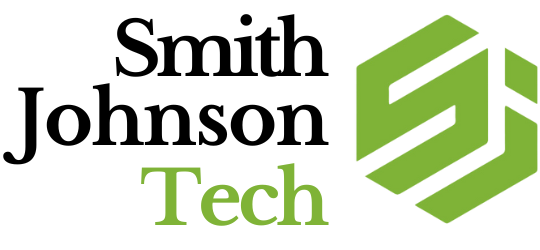Resume Workshop
Resume Building Tips
These tips will enable you to get more interviews and have
greater success in getting the positions you apply for.
DISCLAIMER: There are many opinions about resumes. The following tips are ones we have found that create success.
RESUME SUMMARY
The resume summary is the first part of a resume. It is very important to include the skills you have, that they are looking for. Use their terminology. When the hiring manager or screener is reviewing a large number of resumes, this may be the only part of the resume they look at. The summary should be written in third person, as well as the whole resume.
TECHNICAL SKILLS SECTION
If the position is a technical job, list all your technical skills here. Always list the important skills they are looking for first.
RESUME TYPES
There are basically two types of resumes. Chronological and functional. Some people will choose a hybrid of the two. If your experience is in a technical field always use a chronological resume format.
THE RESUME REVIEW
The potential employer will read the summary, and then if they continue, they will look at the technical skills section to see if you have listed the skills they are looking for. (Sometimes they are looking for skills that are not listed in a job description). If you have listed the skills they are looking for, they go into the experience section of your resume and find where they were used, how current that skill is and how it was used.
OTHER IMPORTANT POINTS:
SPELL CHECK
Misspelled words have no place on a professional résumé or cover letter. We recommend a spell check before sending any correspondence to a potential employer. This is an important tip that’s most commonly overlooked.
GRAMMAR CHECK
Grammatical errors alone can ruin a candidate’s chance of consideration. Take a few extra minutes to reread statements out loud from your résumé, one sentence at a time. If the wording does not sound natural, there’s a good chance you need to change something. It’s usually helpful to have someone else proofread for you.
BE CONSISTENT
Make sure the font type, size and formatting are consistent throughout the entire document. Too much variation in font, style, size or location can be distracting for readers. It is also important to glance over your work history and make sure the company names, job titles and dates look the same at each job. This will help the reader know where to look for important info while reviewing your application.
INCLUDE THE DETAILS
Few hiring managers can make an interview decision based on just your past job titles or a single bullet outlining one of your key work achievements. Including detailed descriptions of your work, tools you used and major accomplishments can help a screener understand your capabilities and motivation. Be careful to keep it relevant to the job you’re applying for whenever possible. Including size and scope of responsibility is important.
CUSTOMIZE RESUME
Adding or emphasizing job-specific information to your résumé is a great way to attract positive attention from a screener. If the job description asks for a certain skill or tool that you have used, make sure it’s clearly visible in your work history and skills sections.
BE ACCURATE
Embellished or misleading statements on a job application or résumé can lead to immediate disqualification or even dismissal from a position after you’re hired. Put simply; if you didn’t do it, don’t say it. Make sure your work dates and education are accurate. If you embellish either of these the hiring manager will wonder what else is inaccurate. Many companies still do background checks and education verifications.
MAKE RESUME EASY TO READ
If a résumé is crammed full of information, it looks hard to read. Many times, hiring managers look for résumés that are easy to read first. Having a lot of “white space” may cause your resume to be chosen first.
LENGTH OF RESUME
Many hardcore opinions here. Cut your experience off at 10-15 years, but include more if it’s relevant to the position you are seeking. You don’t have to cram everything into 1 page. Your resume should be easy to read, and if you need a 2nd or 3rd page, it’s okay.
NEED HELP?
If you have other questions about résumé writing or would like some feedback on your current résumé, please contact one of our expert Technical Recruiters. We review hundreds of candidate profiles weekly and can usually give you some suggestions for improvements within a couple of minutes.
